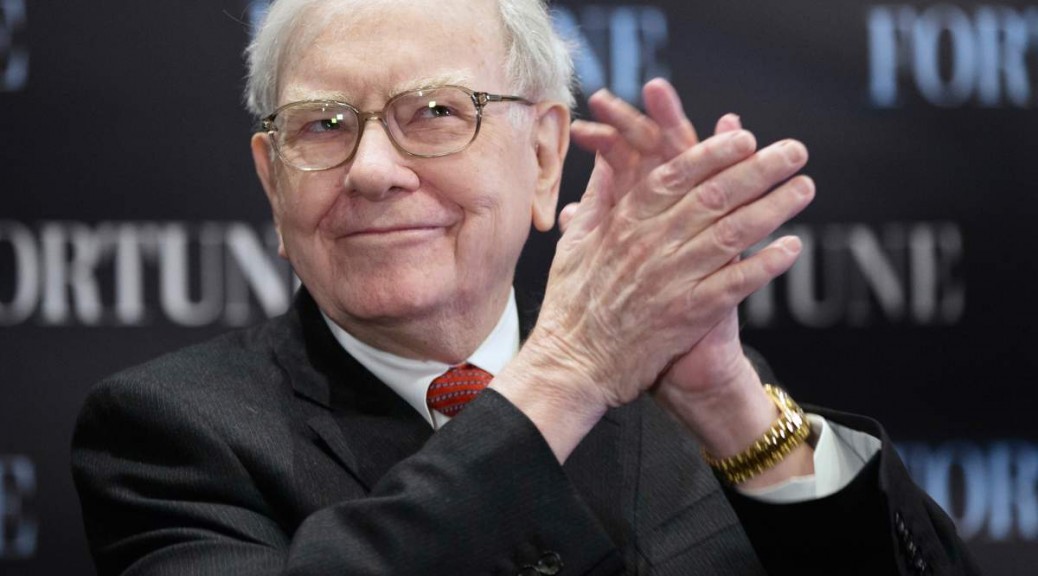MarketsMuse blog update profiles the best ETFs to invest in according to Zacks Equity Research to become the next Warren Buffett. The ETFs range from technology, to financial, to consumer. This MarketsMuse update is courtesy of Zacks Equity Research article, “Follow Warren Buffett with These Stocks and ETFs“, with an excerpt below.
Everybody dreams of becoming rich and famous like Warren Buffett, Carl Icahn, Daniel Loeb and David Tepper. After all, these Wall Street gurus have successfully put their money in the right place and continued to reap huge returns.
Buffett’s Berkshire Hathaway has enjoyed an average growth rate of about 20% annually. Furthermore, Berkshire Hathaway has added more than 104% over the last five years that is better than the gain of over 94% from the broader market ETF SPDR S&P 500 ETF (SPY) during the same timeframe.
Thanks to this achievement, following billionaires’ investment strategies is now a fad these days. While investing in Berkshire is always a good way of following Buffett, who is commonly known as The Oracle of Omaha, there are numerous other ways to reproduce this stock market veteran’s investment theme and jazz up one’s portfolio.
Normally, Buffett takes interest in companies trading below what he believes is their intrinsic value.He aims long-term outperformance and apparently ignores short-term downturns. We have analyzed a few stocks that remain Buffett’s favorites and highlight the related ETFs for investors who want to follow this investment veteran.
The ETFs that Zacks Equity Research recommend to invest in to follow in Warren Buffett’s footsteps are as follows:
- iShares U.S. Financial Services ETF (IYG)
- SPDR Consumer Staples Select Sector ETF(XLP)
- Market Vectors Retail ETF(RTH)
- Consumer Staples ETF (VDC)
- NASDAQ Technology Dividend Index Fund (TDIV)
- Direxion iBillionaire Index ETF (IBLN)
- Validea Market Legends ETF (VALX)
- Global X Guru Holdings Index ETF (GURU)
To read more about why Zacks Equity Research named these ETFs the best to be like Warren Buffett, click here.


